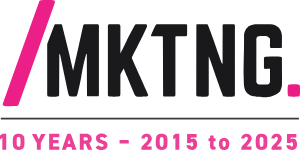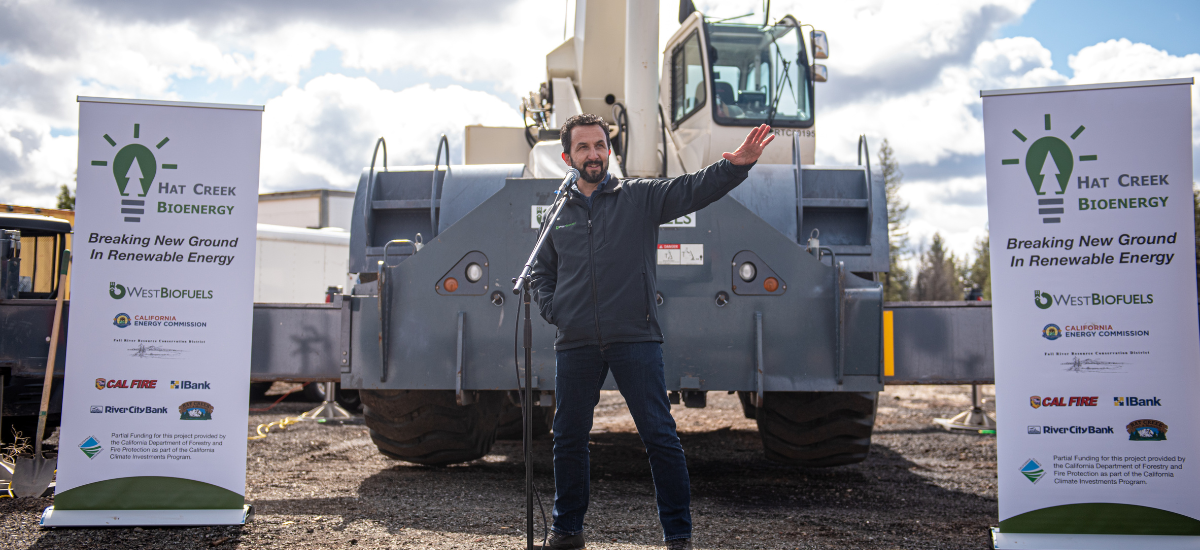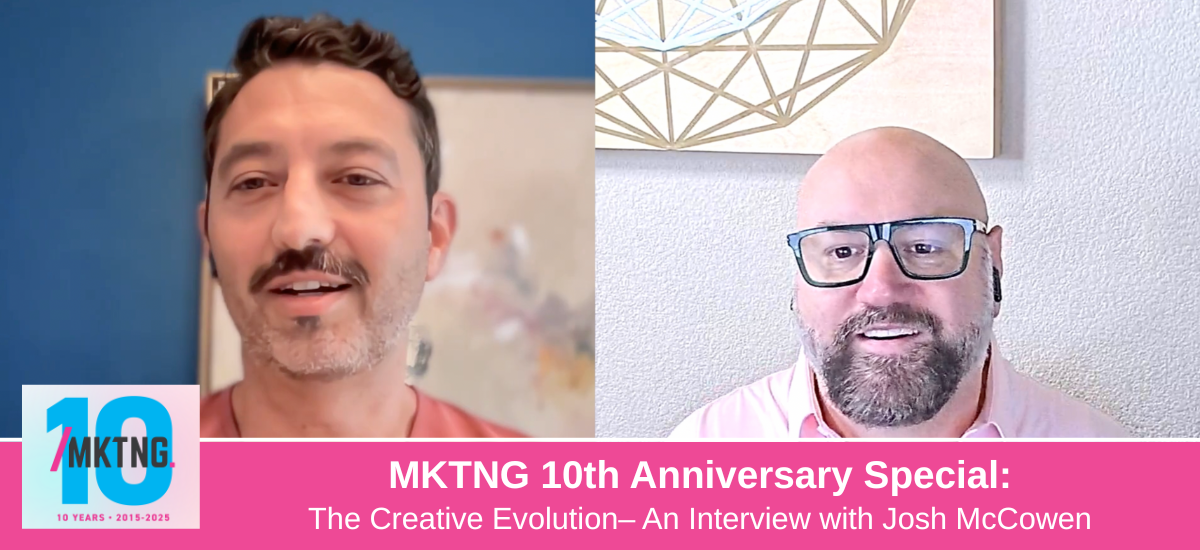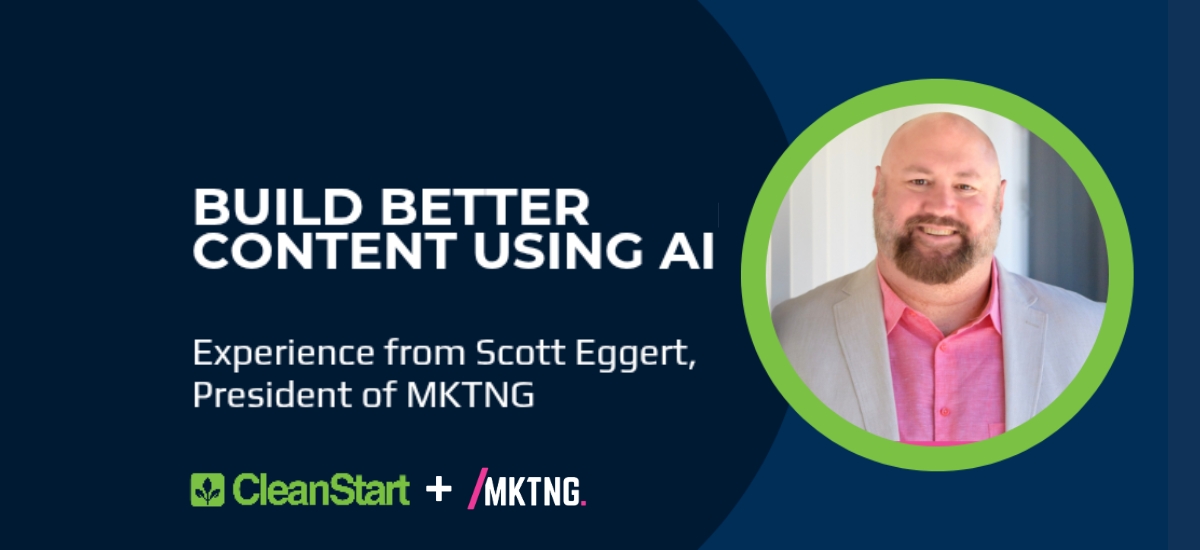In construction, infrastructure, and development, success isn’t just about blueprints and bulldozers. It’s about building something equally important: trust and goodwill within the communities where projects take shape.
Forward-thinking companies are recognizing that proactive communication and community engagement aren’t just nice-to-have extras—they’re essential strategies for ethical business practices and long-term success.
Let’s face it: construction projects impact communities. They bring noise, traffic disruptions, and changes to familiar landscapes. These impacts can quickly lead to frustration, opposition, and costly delays without proper communication. However, companies can turn potential adversaries into allies by getting ahead of potential issues through proactive outreach and engagement.
Imagine this scenario: You’re about to break ground on a major development. Instead of waiting for the inevitable questions and concerns to bubble up, you reach out to the community early. You host informal meet-and-greets, set up an informative project website, and actively seek input from local residents. Perhaps you even start investing in the community’s nonprofits and initiatives that reflect your company’s culture to build relationships and good stewardship.
By the time construction starts, you’ve already built a foundation of trust and understanding.
This approach isn’t just about being a good neighbor (though that’s vitally important too). It’s a smart business strategy with real, tangible benefits. When you engage proactively, you’re not just managing your reputation but actively shaping it. You’re demonstrating transparency, showcasing your commitment to responsible development, and building a positive brand image that extends far beyond any single project.
Think of effective communication as a form of insurance. It helps mitigate risks like project delays, negative media coverage, and difficulty securing approvals for future projects. When communities understand and support your work, you’re likely to encounter smoother permitting processes, fewer complaints during construction, and increased cooperation from local stakeholders. All of this translates to improved operational efficiency and a healthier bottom line.
But how do you put this into practice? Start by reaching out early – well before breaking ground. Use a mix of communication channels to reach diverse audiences. This might include traditional town halls and printed materials but don’t neglect digital platforms like social media and project-specific websites. The key is to maintain consistent communication throughout the project lifecycle.
Remember, effective communication is a two-way street. Create opportunities for genuine dialogue and show how community input influences your decisions. Be upfront about challenges—acknowledge potential negative impacts and clearly explain your mitigation efforts. At the same time, don’t shy away from highlighting the benefits your project will bring, whether it’s job creation, infrastructure improvements, or other positive community impacts.
It’s also crucial to ensure your entire team is on board. Every employee who interacts with the public should be well-versed in your communication strategy and company values. Consider partnering with local organizations to build trust and amplify your positive impact. These collaborations can open doors and create goodwill that lasts long after a project is completed.
Every interaction is an opportunity to demonstrate your commitment to responsible development. When done right, proactive communication can transform potential adversaries into allies, creating a smoother path for your current project and a brighter future for your entire organization.
So, the next time you plan a project, remember that your most important blueprint might be your communication strategy. By prioritizing open, honest, and proactive engagement, you’ll not only be a good community steward but also set your company up for sustainable success in an increasingly connected world.
Ready to get started? Contact us today—Call 855-MKTNGCO or click here!!
(AI Disclaimer: proofed by Grammarly and lightly edited using Claude)



